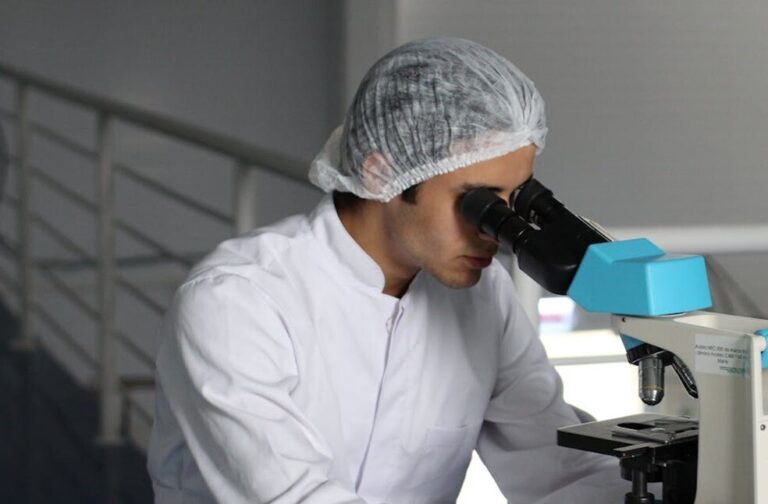Australia: The Australian state of Queensland has ordered a purge of frozen sperm after an audit by its health watchdog found that nearly half of fertility samples were at risk of being misidentified.
Advocates claim that such confusion increases the risk of unintentional incest and can deprive parents and donor children of important genetic information and medical records.
One of the biggest IVF industries in the nation is based in Queensland, but it is self-regulated and has drawn criticism after several of its major providers were accused of malpractice.
The nationwide sperm donor shortage, brought on by increased demand, regulatory tightening, and disruptions from the epidemic, is exacerbated by the cleanout.

According to government statistics, one in six Australian couples struggle to conceive, and a growing number of them depend on donors to become pregnant.
This week, the Queensland health ombudsman’s investigation into the multimillion-dollar industry revealed “systemic issues” with “quality and safety” and “safeguards for consumers, donors, and donor-conceived children.”
According to the research, 42 percent of sperm donations, egg samples, and embryos in Queensland had problems with “identification and traceability,” which means that clinics either mislabeled or lost track of the samples, or they allowed them to degrade below acceptable levels.

Additionally, it featured claims made by patients against IVF clinics for misidentifying eggs and embryos, omitting to reveal donor medical concerns, and mixing up sperm. One family claimed that as a result, they ended up raising children whose biological fathers were not the same.
All reproductive providers should destroy donor material that is stored and does not match current identification criteria, according to the body’s recommendation.
The report’s conclusion stated that “appropriate counselling should be offered” by fertility providers, and that “the impact on consumers and the donor-conceived children… cannot be underestimated.”



